Is land for construction of schools subject to non-agricultural land use tax in Vietnam?
Is land for construction of schools subject to non-agricultural land use tax in Vietnam?
Based on the provisions in Clause 3, Article 9 of the Land Law 2024, land for construction of schools (land for construction of educational and training facilities) falls under the category of non-agricultural land.
According to the regulations in Official Dispatch 3990/TCT-CS of 2024 regarding the policy on non-agricultural land use tax as follows:
"The General Department of Taxation received Official Dispatch No. 2175/CTPHY-NVDTPC dated July 26, 2024, from the Phu Yen Provincial Tax Department regarding issues with the non-agricultural land use tax policy. On this issue, the General Department of Taxation has the following opinions:
- Article 1 of Circular No. 153/2011/TT-BTC dated November 11, 2011, by the Ministry of Finance provides guidance on non-agricultural land use tax and specifies taxable objects.
- Article 2 of the above-mentioned Circular No. 153/2011/TT-BTC specifies non-taxable objects.
Based on these regulations, non-agricultural land (land for construction of educational and training facilities) not used for business purposes is not subject to non-agricultural land use tax as specified in Article 2 of Circular No. 153/2011/TT-BTC dated November 11, 2011, of the Ministry of Finance.
In cases where the non-agricultural land of organizations is used for business purposes, it is subject to non-agricultural land use tax as specified in Article 1 of Circular No. 153/2011/TT-BTC dated November 11, 2011, of the Ministry of Finance."
land for construction of schools (land for construction of educational and training facilities) not used for business purposes is exempt from non-agricultural land use tax, whereas if the land is used for business purposes, it is taxable.
How to determiune the non-agricultural land use tax value for land for construction of schools in Vietnam?
Pursuant to Article 6 of the Non-Agricultural Land Use Tax Law 2010 (amended by Article 249 of the Land Law 2024), the tax value for non-agricultural land use for land for construction of schools is determined as follows:
Tax value for land = Taxable land area x Price per square meter of land.
In which:
(1) The taxable land area is defined as follows:
- The taxable land area is the actual usage area.
In cases where there is a right to use multiple land parcels, the taxable land area is the total taxable area of these parcels.
In cases where the State allocates or leases land for the construction of an industrial zone, the taxable land area does not include the area used for shared infrastructure construction.
- For structures built underground, an allocation coefficient of 0.5 times the construction land area divided by the total area of the structure used by organizations, households, and individuals is applied.
(2) The price per square meter of land is the land price according to the land price table corresponding to its usage purpose and is stable for a 5-year cycle.
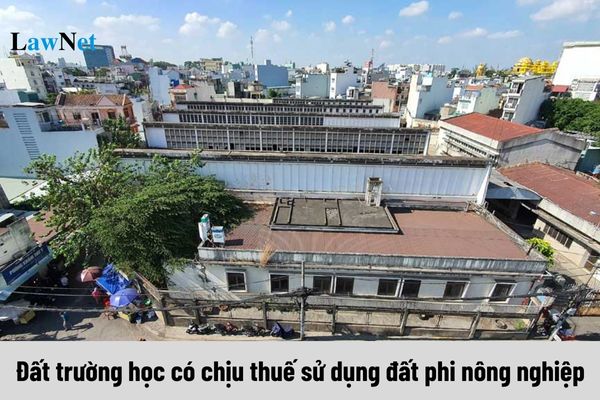
Is land for construction of schools subject to non-agricultural land use tax in Vietnam? (Image from the Internet)
What cases are exempt from non-agricultural land use tax in Vietnam?
Pursuant to Article 9 of the Non-Agricultural Land Use Tax Law 2010, the following 09 cases are exempt from non-agricultural land use tax:
(1) Land for investment projects in fields specially encouraged for investment; investment projects in areas with particularly difficult socio-economic conditions; investment projects in fields encouraged for investment in areas with difficult socio-economic conditions; land of enterprises using over 50% of their labor force as war invalids and sick soldiers.
(2) Land of facilities conducting private investment for activities in the fields of education, vocational training, health, culture, sports, environment.
(3) Land for constructing houses of solidarity, homes for the elderly, persons with disabilities, orphans; facilities for social disease treatment.
(4) Residential land within limits in areas with particularly difficult socio-economic conditions.
(5) Residential land within limits of individuals who participated in the revolution before August 19, 1945; war invalids of categories 1/4, 2/4; persons entitled to policies equivalent to war invalids of categories 1/4, 2/4; sick soldiers of category 1/3; heroes of the people's armed forces; heroic Vietnamese mothers; biological parents of martyrs, persons taking care of martyrs when they were minors; spouses of martyrs; children of martyrs receiving monthly benefits; revolutionists affected by chemical warfare; individuals affected by chemical warfare with family difficulties.
(6) Residential land within limits of poor households as regulated by the Government of Vietnam.
(7) Households and individuals whose residential land is recovered during the year according to the plan approved by competent state agencies are exempt from tax in the actual recovery year concerning land at the place of removal and new residence.
(8) Land with garden houses acknowledged by competent state agencies as historical-cultural monuments.
(9) Taxpayers facing difficulties due to force majeure events, if the value of damage to land and houses on land exceeds 50% of the tax value.


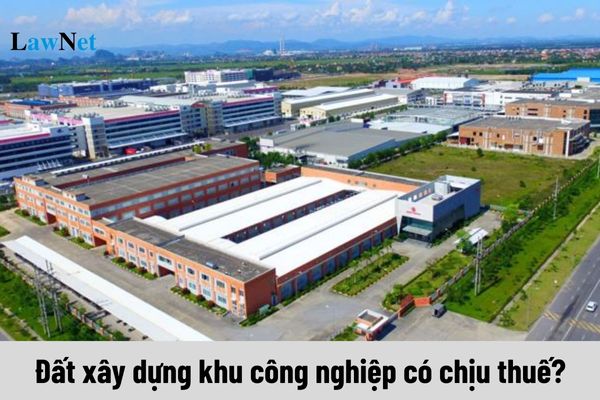
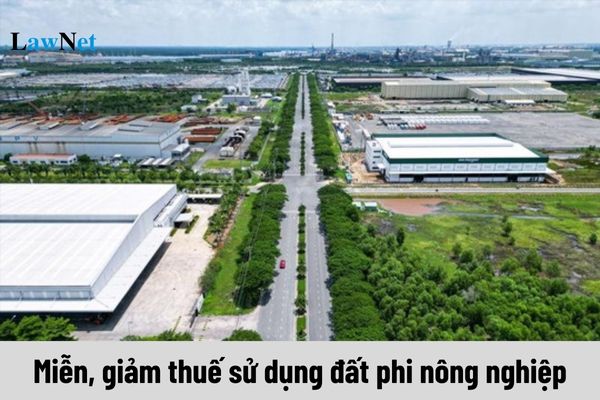


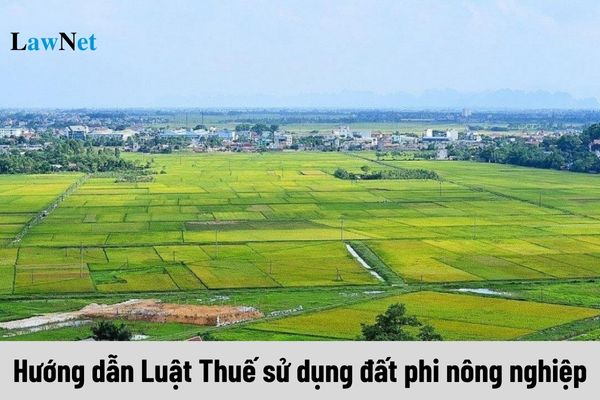
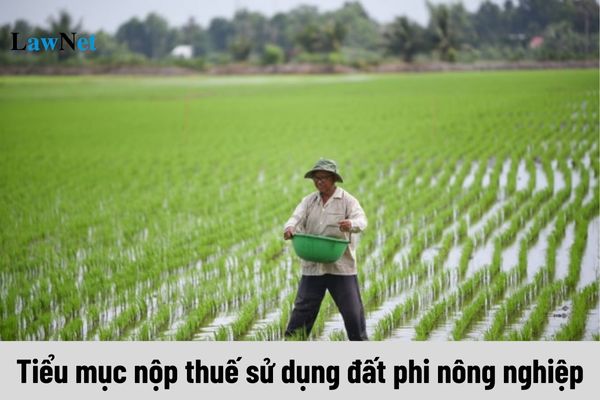
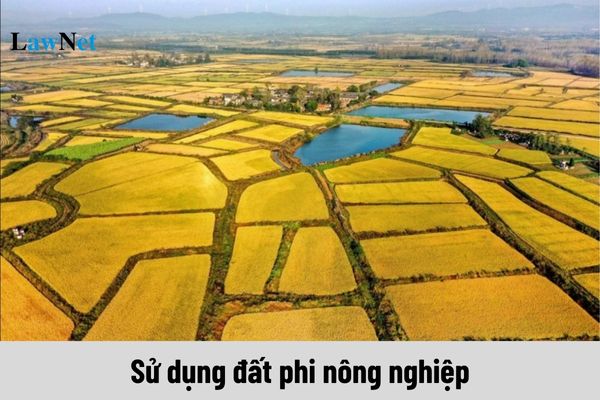

- How long is the duration of exemption from licensing fees for a new enterprise in Vietnam? What are cases of licensing fee exemption in Vietnam?
- What are cases where the input VAT must not be deducted in Vietnam? What are the conditions for VAT input deduction?
- What are cases where personal income late payment interest is charged in Vietnam?
- How long can a taxpayer delay submitting tax declaration dossiers before their information is published in Vietnam?
- What is the Form 01/CT-KTT for amendments to the information of tax accounting books in Vietnam?
- When is the deadline for submitting annual financial statements in Vietnam? How much is the penalty for late submission?
- Shall import-export duties be paid in foreign currency in Vietnam?
- What is the excise tax rate for beer in Vietnam in 2024?
- What is coefficient K for monitoring invoicing beyond a safety threshold in Vietnam? What is the formula for calculating coefficient K in Vietnam?
- What are cases where the input VAT must not be deducted in Vietnam?

